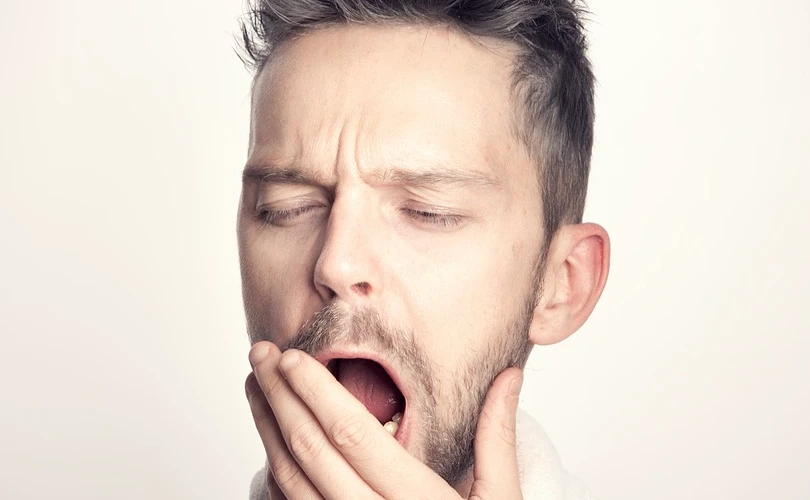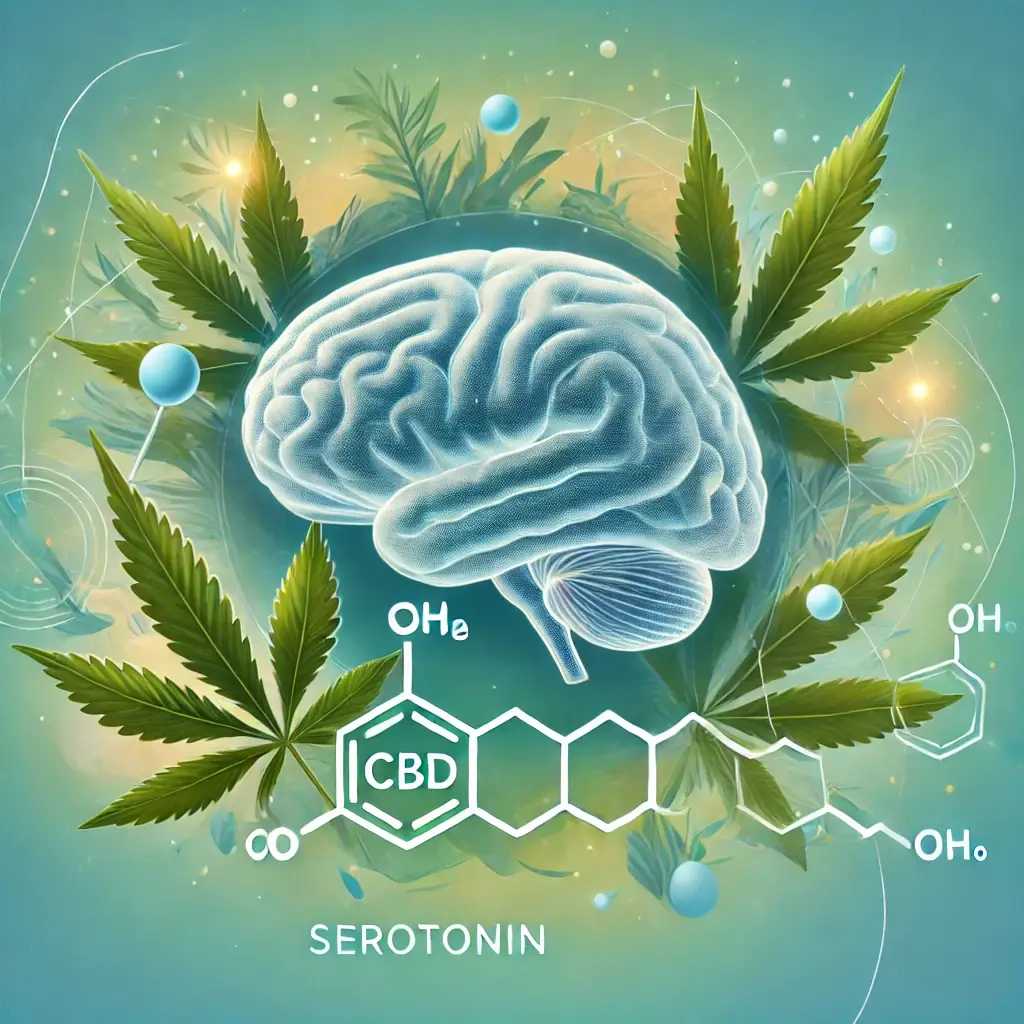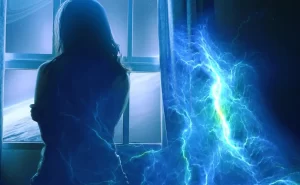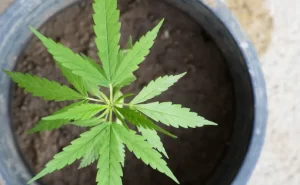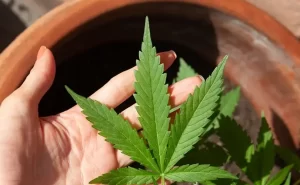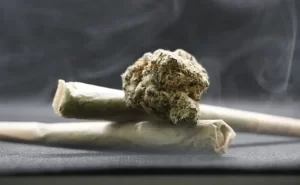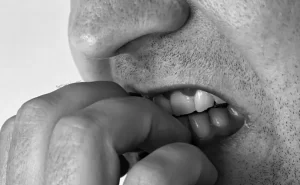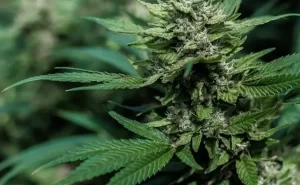Insomnia Treatment with Cannabis
For ages, people have used cannabis to cure sleeplessness. There has been a growing corpus of scientific studies on the efficacy of cannabis for insomnia in recent years. According to this study, cannabis may be a valuable medication for certain patients suffering from sleeplessness.
Cannabinoids
Cannabis interacts with the endocannabinoid system, which is one of the primary ways marijuana helps to enhance sleep. The endocannabinoid system is a network of receptors throughout the body that regulates several physical activities, including sleep.
Cannabinoids, the active components in cannabis, can bind to endocannabinoid receptors in the brain and other regions of the body, causing a range of benefits such as relaxation and anxiety reduction.
There is an increasing amount of scientific data supporting the use of cannabis to treat insomnia. A 2019 review of research, for example, discovered that cannabis helped lower sleep latency, increase total sleep time, and enhance sleep quality in persons who have insomnia.
According to the data now available, THC and THC derivatives, whether delivered alone or in combination with CBD, can enhance self-reported sleep ratings.
It is appropriate to review patients who use cannabis for sleep and examine their sleep scores, as well as other markers of cannabis improvement or harmful effects. This is because preliminary data from small-scale randomized controlled studies suggests cannabis might help with sleep difficulties.
Furthermore, current pharmacologic treatment has several limitations that make treating sleep disorders problematic.
It is crucial to stress, however, that cannabis is not a solution for insomnia. It is also critical to be mindful of cannabis’s possible adverse effects, which include dry mouth, red eyes, dizziness, and reduced coordination. If you are thinking about using cannabis to treat your insomnia, talk to your doctor about the potential dangers and benefits.
Suggestions
Here are some cannabis insomnia treatment tips:
Begin with a modest dose and gradually raise the dose until you achieve the desired result.
Avoid smoking or vaporizing cannabis since it might disrupt sleep.
Consider utilizing CBD-containing products, which can aid with relaxation and anxiety reduction.
Use cannabis in a regulated and safe atmosphere.
Consult your doctor about the safe and beneficial use of cannabis.
It is also worth noting that cannabis can interfere with other drugs. Before consuming cannabis, consult with your doctor, especially if you are taking any other medicines.
Conclusion
Cannabis may be a helpful therapy for certain insomniacs. However, before taking cannabis for insomnia, consult with your doctor about the potential dangers and benefits.
